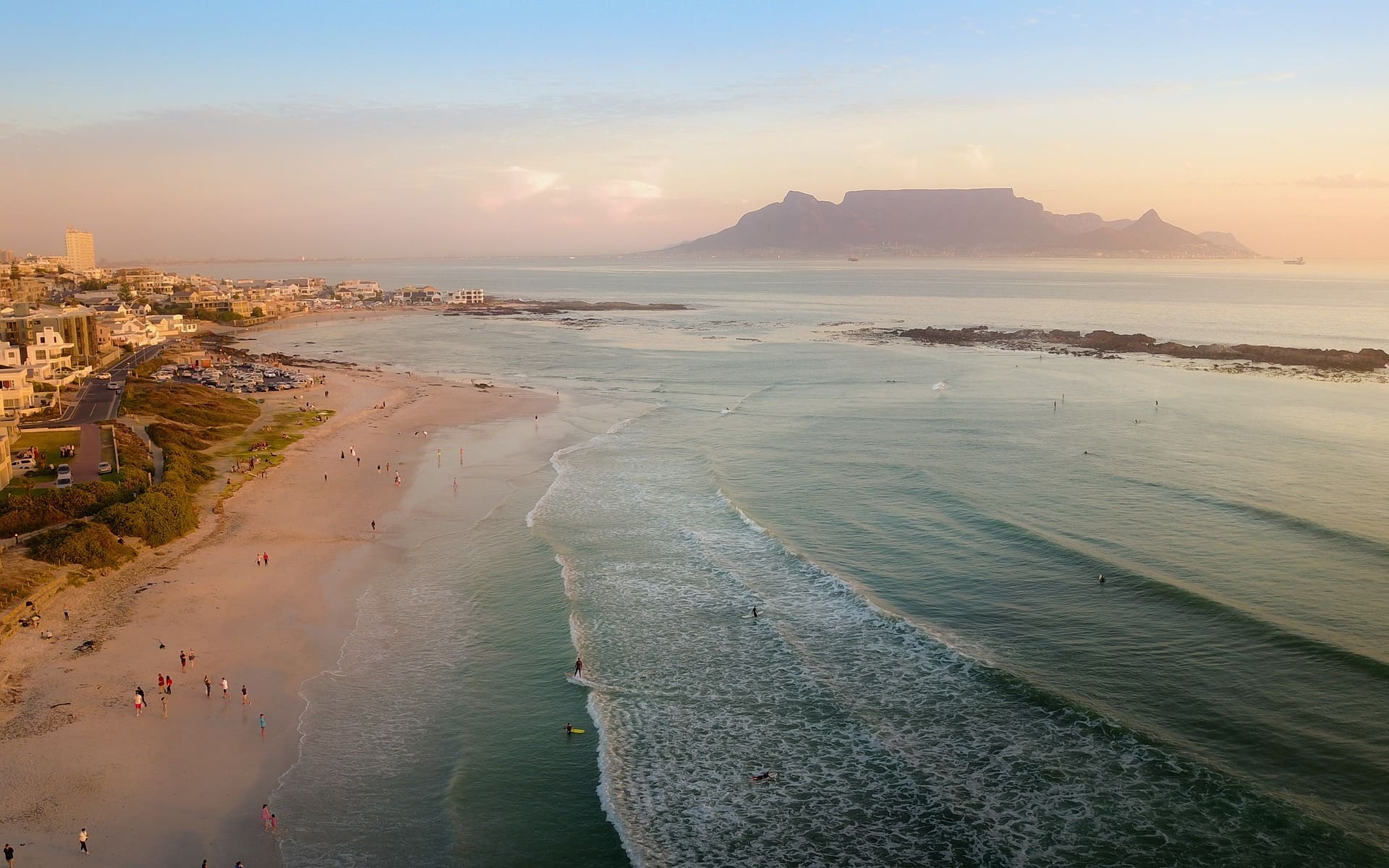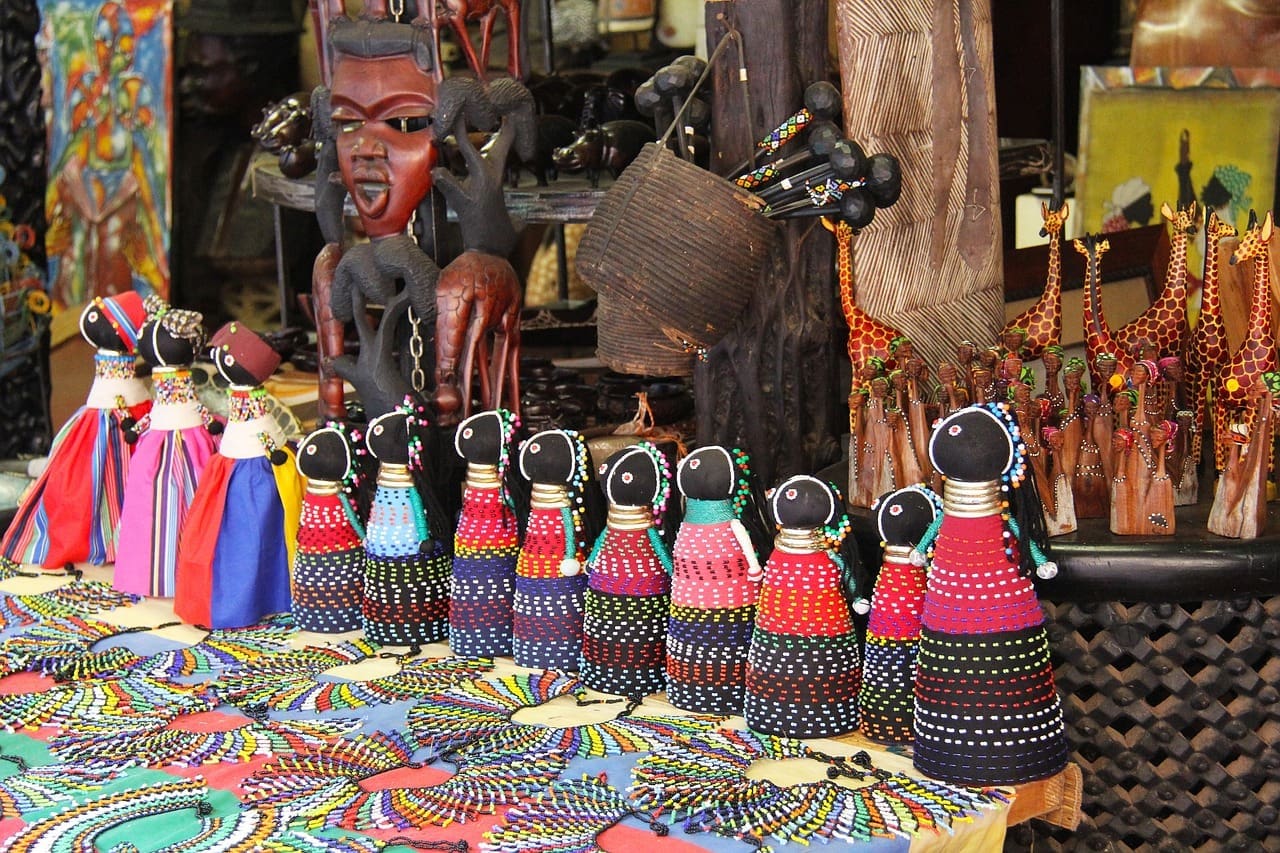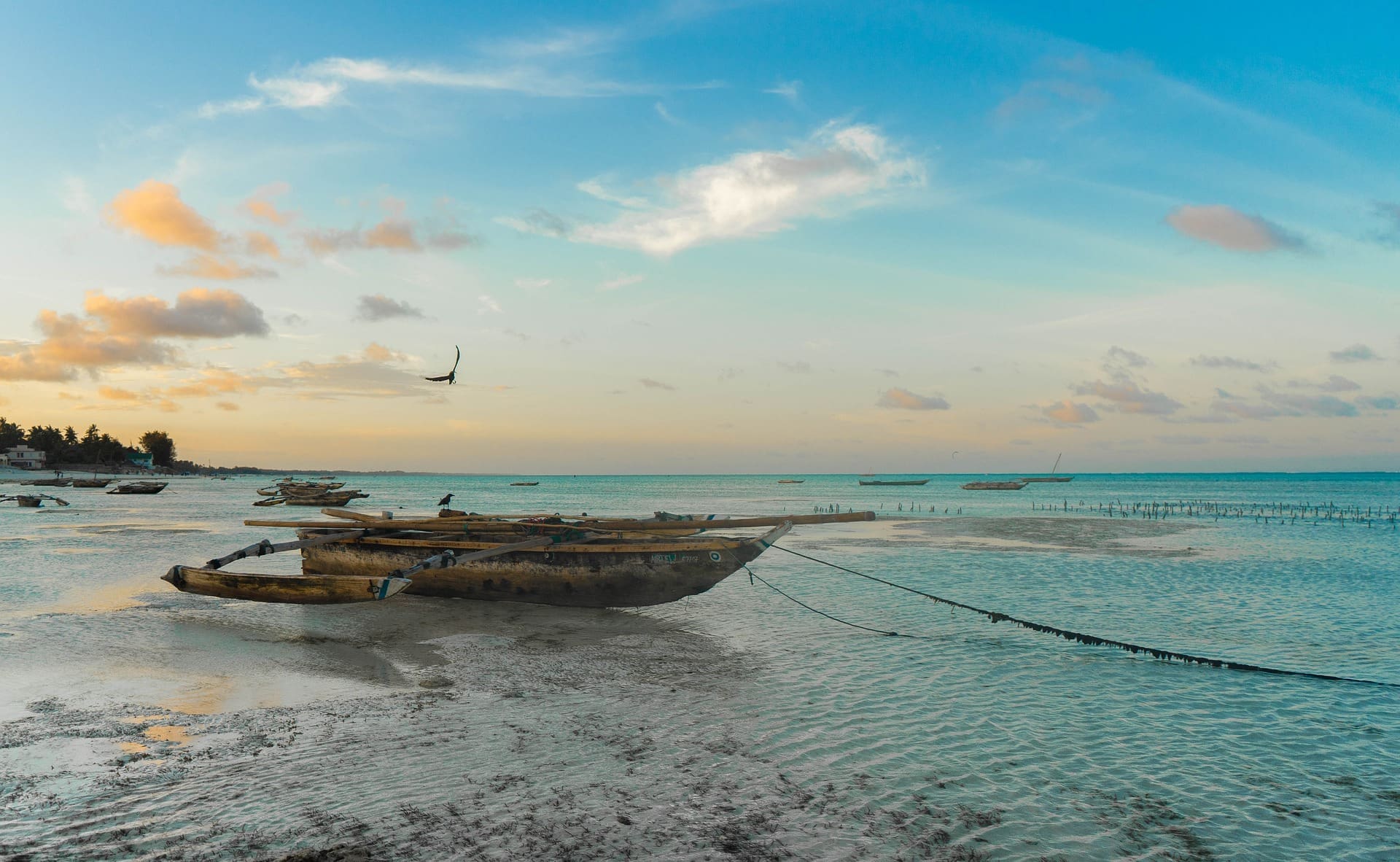Africa
vast, diverse, vibrant, resilient, promising
About Africa
Culture and Religion
Where to go
How to get there
About Africa
Africa is the second-largest and second-most populous continent in the world, located primarily in the eastern and northern hemispheres. It is bordered by the Mediterranean Sea to the north, the Atlantic Ocean to the west, the Indian Ocean to the southeast, and the Red Sea to the northeast.
Africa is known for its immense cultural diversity, with over 2,000 different ethnic groups and more than 1,000 languages spoken across the continent. It has a rich history, being home to some of the oldest human civilizations, such as Ancient Egypt and the Kingdom of Aksum.
The continent is known for its stunning natural beauty, with diverse landscapes ranging from vast deserts, such as the Sahara, to lush rainforests and savannahs. Africa is also home to some of the world’s most iconic wildlife, including the African elephant, lion, leopard, rhinoceros, and buffalo.
Despite its wealth of natural resources, Africa faces various challenges, including poverty, political instability, and economic inequality. However, it is also a continent with great potential for growth and development.
Some of the major countries in Africa include Nigeria, Ethiopia, Egypt, South Africa, and Kenya, each with its own unique cultures, traditions, and histories. Overall, Africa is a continent of great diversity and opportunity, with a rich heritage and promising future.
Culture and Religion
Culture and religion in Africa are incredibly diverse, reflecting the continent’s rich history and multiple ethnic groups. With over 2,000 distinct ethnic groups, Africa is home to a wide range of cultural practices and beliefs. Traditional customs, languages, art forms, music, and dance vary from one community to another, highlighting the unique heritage and values of each group.
Religion in Africa is also diverse, with a mix of indigenous African religions, Christianity, Islam, and other faiths. Indigenous religions often involve animism and the worship of ancestral spirits, while Christianity and Islam have gained significant followings through colonization and trade. Many Africans practice a combination of traditional beliefs and one of the major world religions, resulting in syncretic forms of worship.
The intricate relationship between culture and religion in Africa is evident in various aspects of life, such as marriage ceremonies, funeral rituals, and storytelling traditions. These practices often blend cultural and religious elements, creating a distinct tapestry of beliefs and customs.
It is essential to appreciate and respect the cultural and religious diversity in Africa, as they are central to the identities and lives of millions of people. This diversity highlights the continent’s depth and complexity and underscores the importance of understanding and valuing different cultures and religions in Africa.
How to get there
Getting to Africa largely depends on your current location and the specific country or city in Africa you want to travel to. Here are some general ways to get to the continent:
1. Air travel: The most common and convenient way to reach Africa is by flying. Many major international airlines operate flights to various African destinations. Check with airlines that serve your current location to find direct or connecting flights to your desired African city or country.
2. Connecting flights: If there are no direct flights from your location to your desired African destination, you may need to take a connecting flight. Major international hubs such as Dubai, Istanbul, Addis Ababa, or Nairobi often have connecting flights to multiple African cities.
3. Overland travel: Depending on your starting location, it may be possible to travel to Africa overland. However, this can be a complex and time-consuming option, as it involves crossing multiple borders and may not be feasible for certain regions. It’s essential to research visa requirements, safety conditions, and available transportation options before attempting an overland journey.
4. Cruise ships: Some cruise lines offer itineraries that include stops in various African ports. This option allows you to combine travel and exploration while enjoying the amenities and services of a cruise ship.
5. Ferries: If you are in a nearby region such as Europe, it may be possible to take a ferry to reach countries in North or West Africa. For example, there are ferry services connecting Spain to Morocco and Italy to Tunisia.
When planning your trip to Africa, make sure to check visa requirements for your destination country. It’s also wise to consult reputable travel websites, airlines, or travel agencies for the most up-to-date information on flights, transportation options, and any travel advisories or restrictions in place.
What makes your journey easier
Everything you need to know about what to bring to make your travels easier, more safe and fun
Be Mindfull
Gadgets
Gear
Insurance
Visa








![South Africa 3x [kruger national park]](https://travelhd.nu/wp-content/uploads/2023/08/South-Africa-3x-kruger-national-park-scaled.jpg)








